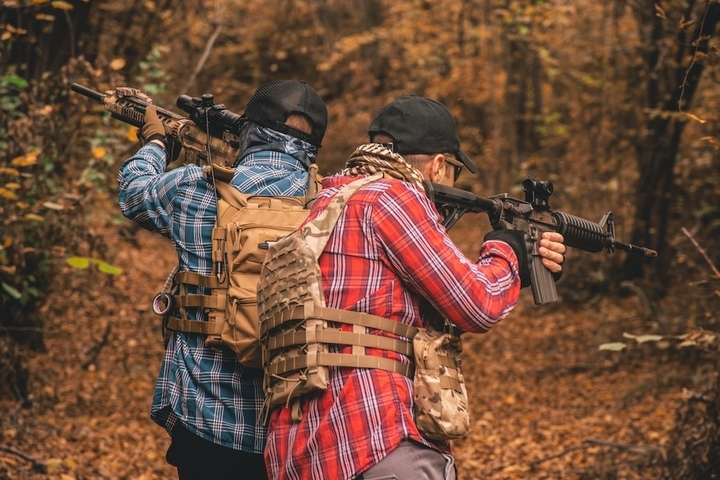In a sweeping move to crack down on violent drug cartels, the Trump administration has officially designated several notorious criminal organizations as Foreign Terrorist Organizations (FTOs). The announcement, published in the Federal Register and set to take effect on February 20, marks an unprecedented escalation in the U.S. government’s efforts to combat cartel violence.
The newly designated FTOs include Tren de Aragua, MS-13, the Sinaloa Cartel, the Jalisco New Generation Cartel (CJNG), the United Cartels, the Gulf Cartel, the Northeast Cartel, and the Michoacán Family. The decision, made in consultation with the Attorney General and the Treasury Department, shows the administration’s commitment to treating cartel violence as a direct national security threat.
President Donald Trump, who returned to office in January, has long vowed to take aggressive action against cartel operations that have fueled the fentanyl crisis and border violence. This designation unlocks powerful tools for law enforcement, allowing the U.S. government to freeze cartel assets, prosecute those providing support, and restrict international travel for cartel members.
The move also signals a shift in strategy, treating these organizations not just as criminal enterprises but as terrorist groups—akin to ISIS or al-Qaeda. The designation could pave the way for expanded military operations, broader intelligence gathering, and increased international cooperation in dismantling cartel networks.
The official document, signed by Secretary of State Marco Rubio, cites the Immigration and Nationality Act (INA) as the legal basis for the designation. Rubio’s office emphasized that the move is a response to the cartels’ extreme levels of violence, systematic corruption, and direct threats to U.S. national security.
“Therefore, I hereby designate the aforementioned organizations and their respective aliases as Foreign Terrorist Organizations pursuant to section 219 of the INA,” Rubio wrote.
With this designation, U.S. law enforcement agencies now have expanded jurisdiction to track, arrest, and prosecute anyone providing material support to these groups. Additionally, foreign governments, banks, and businesses that interact with cartel members could face severe consequences.
The aggressive stance aligns with Trump’s broader border security agenda, which includes plans for military operations against cartel strongholds, expanded border wall construction, and harsher penalties for drug trafficking.
In response to President Trump’s recent order establishing a formal designation, Mexico’s President Claudia Sheinbaum affirmed her country’s commitment to sovereignty and independence while also acknowledging the importance of cooperation.
“We all want to fight the drug cartels,” stated Sheinbaum, noting, “The U.S. in their territory, us in our territory.”
The cartels date back to the mid-20th century when small smuggling operations evolved into large-scale drug trafficking organizations. During the 1980s, cartels such as the Guadalajara Cartel, led by Miguel Ángel Félix Gallardo, became key players in the cocaine trade, working with Colombian cartels to transport drugs into the United States.
The early 2000s saw a surge in violence as these cartels battled for control, exacerbated by former President Felipe Calderón’s 2006 declaration of war on drug trafficking, which led to military intervention. Over time, groups such as the Zetas, known for their brutal tactics, and the Jalisco New Generation Cartel (CJNG), one of today’s most powerful organizations, gained prominence.
Despite government crackdowns, corruption and shifting alliances have allowed cartels to diversify into human trafficking, extortion, and fuel theft, maintaining their grip on Mexico’s criminal underworld.

